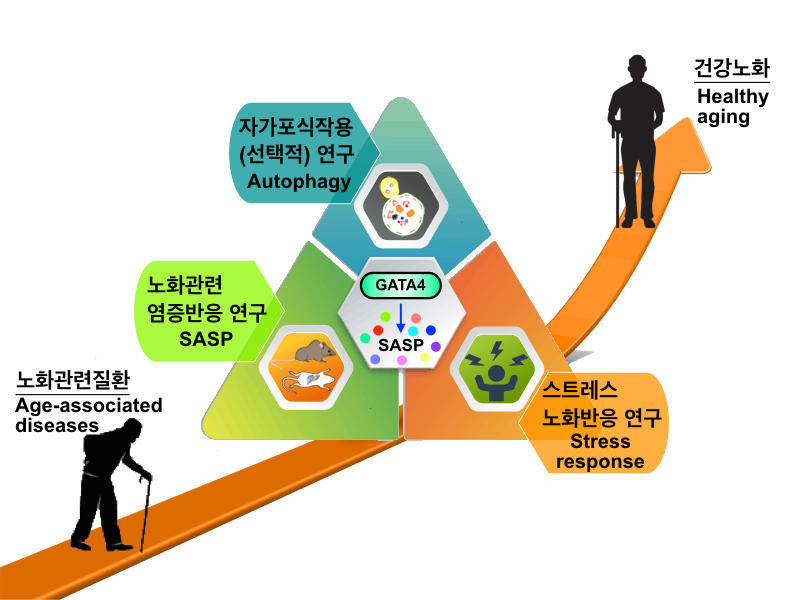
Laboratory of Stress Response and Aging
Seoul National University

Laboratory of Stress Response and Aging
Seoul National University

Laboratory of Stress Response and Aging
Seoul National University

